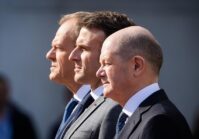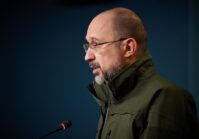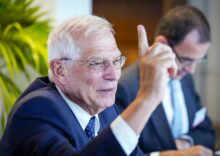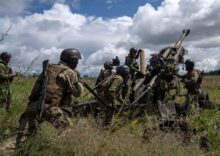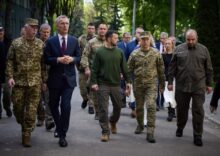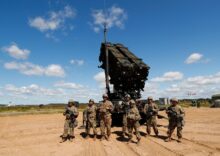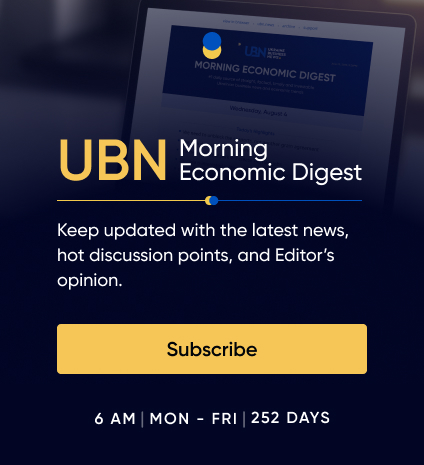Despite all the challenges, we continue to move towards the goal: Olha Stefanishyna on the progress and obstacles in European integration.
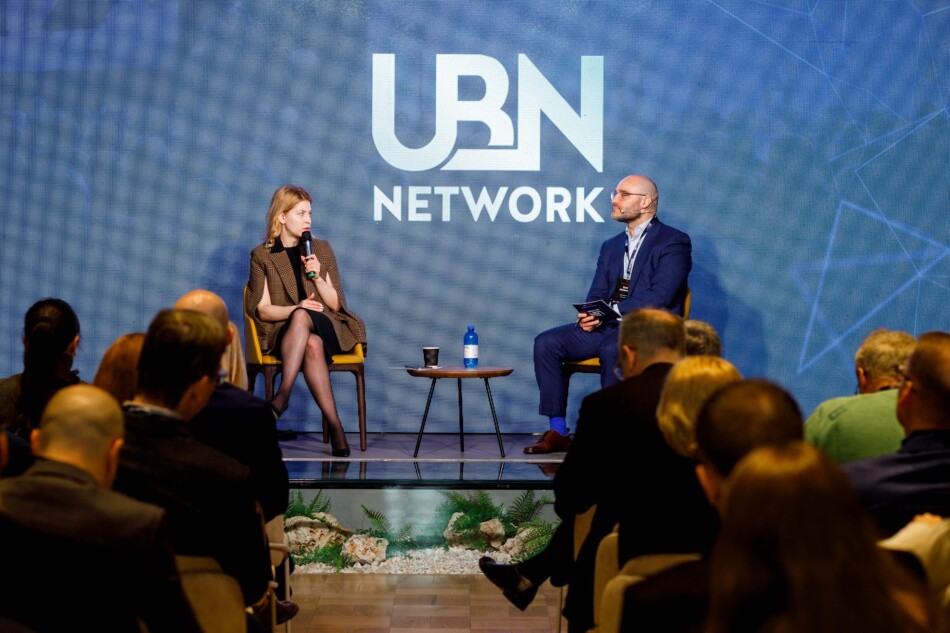

Within the framework of the second event of Ukraine Business Network, where outstanding speakers from both the private and public sectors presented global macroeconomic forecasts for 2024-2025, scenarios and consequences of the war, macro prospects of Ukraine, and market dynamics, our keynote speaker Deputy Prime Minister for European and Euro-Atlantic Integration of Ukraine Olha Stefanishyna spoke about the state of Ukraine’s Western integration and the path taken to joining the EU.
Despite all the challenges, we continue to move towards the goal. This is reinforced by the political and legal decisions made regarding Ukraine’s accession to the EU, which means that our membership in the Union is inevitable. So, whatever development strategy you formulate, you should do it with the awareness that Ukraine is becoming a member of the EU.
The start of the legislation screening and the presentation by the European Commission of the draft negotiating framework are the first formal steps in the process of accession negotiations.
At the same time, Ukraine is already largely integrated into the European Union market. It may seem that we are just beginning the admissions process; however, we are in fact already a significant part of the European market, and with the beginning of a full-scale war, these ties only deepened. Yes, in fact, Ukraine is already part of the labor market, has trade liberalization and customs relaxations, is part of the energy market, and has a high level of adaptation of legislation to EU law. The negotiation process will help to consolidate the fact that we are de facto already an integral part of the EU.
Despite many of Ukraine’s achievements in this area, there are many concerns, most of which are related to the pro-Russian leaders of some EU member states, namely, the leaders of our neighboring countries — Slovak Prime Minister Robert Fico and Hungarian Prime Minister Viktor Orban.
However, while Fico came to power relatively recently and appears more opportunistic than ideological, making odd statements against the West and in favor of Russia, Viktor Orban became the head of Hungary back in 2010 and has since glorified his “illiberal democracy,” flaunting his anti-Western, anti-Ukrainian policies all while simultaneously cozying up to Moscow.
However, according to the Deputy Prime Minister, the head of Hungary has not been to Ukraine for over a decade, so his opinion is completely unfounded.
“Therefore, my personal goal is Viktor Orban’s visit to Kyiv. I will do everything I can to bring him to Ukraine and show him what we have achieved lately, how developed we are, and that we are no less worthy to be in the Union than other EU members,” Stefanishyna said.
Nevertheless, pro-Kremlin forces in the West are not the only thing that concerns Ukrainians in the context of the process of joining the European Union. It is not uncommon to encounter a discussion of the example of Turkey, which negotiated EU membership back in 2005 and which is still not integrated into the Union as of 2023.
Debunking doubts in the context of this case, Stefanishyna stressed that “Turkey is Turkey, and Ukraine is Ukraine”, that is, these are two completely different countries in all respects.
“In the case of Turkey, at some point, they just chose the position of Europe. While Ukraine is returning to its roots — 92% support European integration,” the Deputy Prime Minister for European and Euro-Atlantic Integration summed up.

